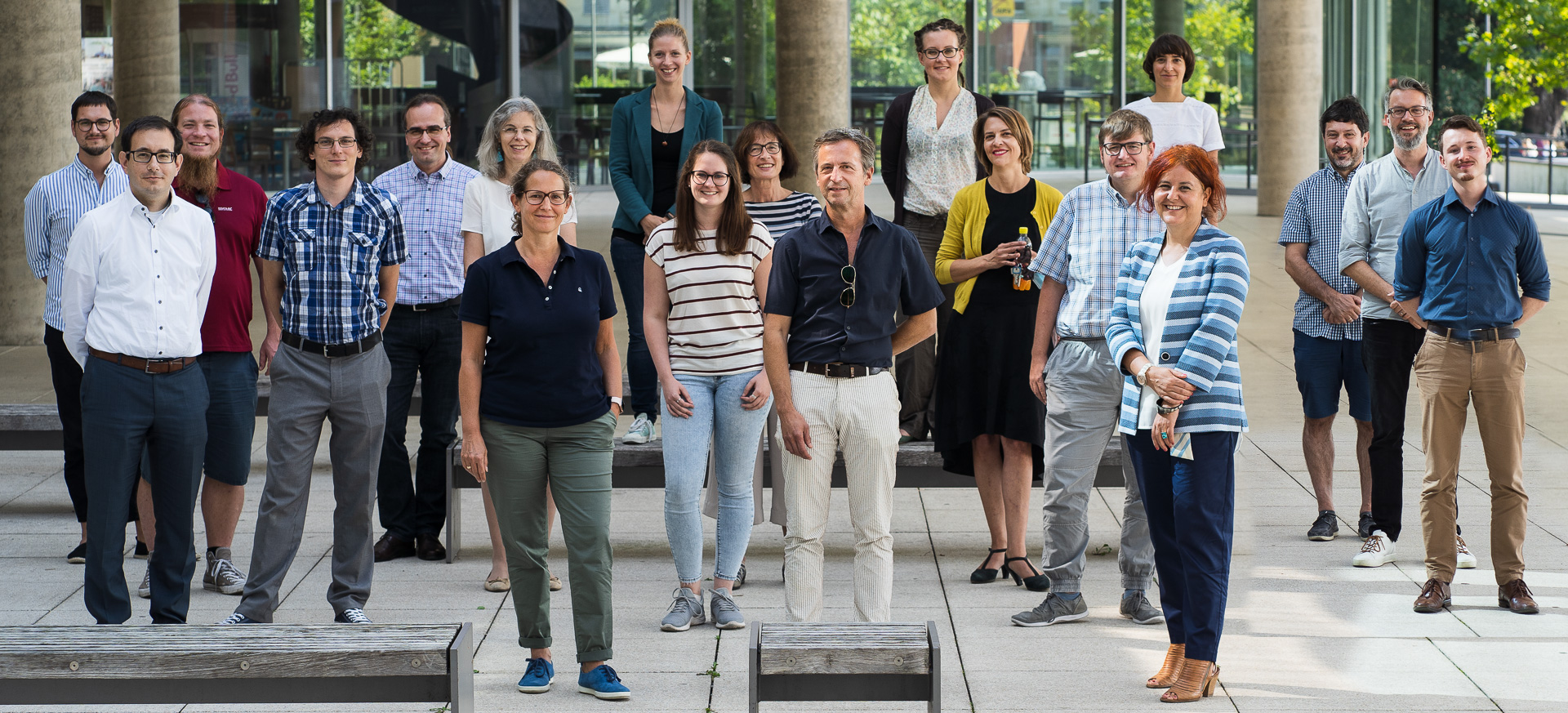| Linda Beutel-Thurow |
Naming poetics of Middle High German epic. An analysis of the use of names, antonomasias and epithets in selected texts of the german-speaking Middle Ages. |
German Studies |
| Walter Brandstätter |
Item ainen hochen cassten mit vier thüren… Inventories as sources for the reconstruction of early modern living, working and living conditions using the example of Hohensalzburg Fortress |
History |
| Peter Bruckner |
De ridiculis et stultissimis fabulis Iudeorum. Lateinische Talmudpolemiken bei Petrus |
Classical Philology / Latin |
| Flurina Camenisch |
Loans, Correspondence, Conflicts: Cross-Border aristocratic relations and transregional entanglements in Late Medieval “Graubünden” |
History |
| Peter Färberböck |
Witchcraft and Magic in Digital Games |
History |
| Simon Kuhn |
The monastic long-distance possessions of Spital am Pyhrn in Wachau |
History |
| Florian Mayr |
The daily prayers of Advent in the Missale Romanum 1970 |
Religious Studies |
| Mina Miyamoto |
Precious textiles as curtains in medieval manuscripts |
Arthistory |
| Marius Müller |
Maritime networks: The French East India Company between trade contacts, knowledge generation and intercultural diplomacy (1664-1788) |
History |
| Anna Petutschnig |
Ideas of fatherhood in the late medieval aristocracy |
Medieval History |
| Melanie Salvenmoser |
The depiction of sieges in Ottokar von der Gaal’s “Styrian rhyming chronicle”. |
German Studies |
| Benjamin Maria Stockmaier |
Basileis: Kingmakers and kings. Investigations into kingship in Hellenism |
Classical Studies |
| Anton Strobl |
Edition project on the famous works of Emperor Maximilian I (Latin autobiographical fragments and derivatives) |
History |
| Elisabeth Tangerner |
Sensory community. The Benedictine Abbey of Lambach in the Middle Ages from the perspective of sensory history. |
History |
| Angelika Umfahrer-Schatzmann |
The goldsmith and his craft as reflected in German-language literature of the Middle Ages. |
German Studies |
| Katrin Unterberger |
‘Diz was dem zwîvelaere ein nâhe gêndiu swaere.’ The tolerance of ambiguity in medieval texts. |
German Studies |
